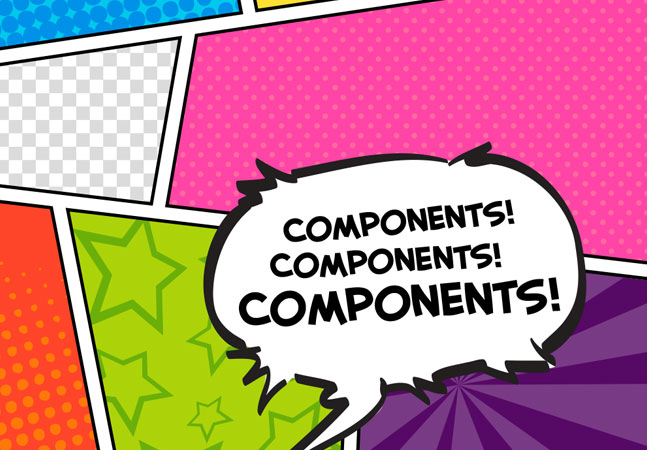
Your update request to the service just timed out. Is it safe to send it again? Maybe. Here's how to ensure that all your update, delete and add requests are safe plus some advice on what you should really be calling them and handling concurrency.

If you want to implement a fully "REST-compliant" application you should address a critical question: How do consumers know what URLs to use? What if all the consumer needed to know was how to use the HTTP protocol and a little common sense?

If you've got a recent version of Visual Studio (Visual Studio 2017 Community Edition, for example) then you can start creating an Android application. Here's what you need to do to get your first project set up.

The ability to use SQL with Entity Framework Core has always been a cool feature. There's a new feature in Entity Framework Core that opens the door for whole new set of SQL-related functionality.

Entity Framework is fabulous ... but it does impose some overhead. If you like working with data in an O-O kind of way but feel the "need for speed," then you should be looking at Dapper.

If you're coding Azure Functions in Visual Studio 2017 to work with Azure Storage, one tool that can assist when running functions locally is the Microsoft Azure Storage Emulator, as shown in this hands-on tutorial.
- By Jason Roberts
- 03/08/2018

If you're building services it's critical that you support the developers who will create and read your service's messages. JSON Schema lets you support the three principles of good message design in a way that supports developers.

You can dramatically simplify life for developers creating services and their consumers by following three rules for designing messages and then enforcing your message formats with JSON Schema.

If you're building services, then getting your message formats right can be the difference between success and failure. Here's an example of what can go wrong and how it could be fixed.

View components let you create reusable chunks of business logic coupled with a UI in multiple places in your application ... and then let you share that logic across multiple projects. Here's how to invoke them and share them.

ASP.NET Core lets you bundle up business functionality along with its related UI into a view component that you can reuse in throughout your application.

Once you've created a JSON Schema that describes a JSON document, you can use it both in Visual Studio -- to provide guidance when creating JSON documents -- and in your code to validate the messages you're receiving.

Peter tries out Visual Studio Enterprise 2017's Live Unit Testing and has what might be a life-changing experience.

If you're building a RESTful Web service, you can provide both guidance and control around the JSON messages your service works with by replacing documentation with JSON Schemas.

The simplest way to ensure that the API your services expose to your consumers is to not let consumers access your services -- at least, not directly.